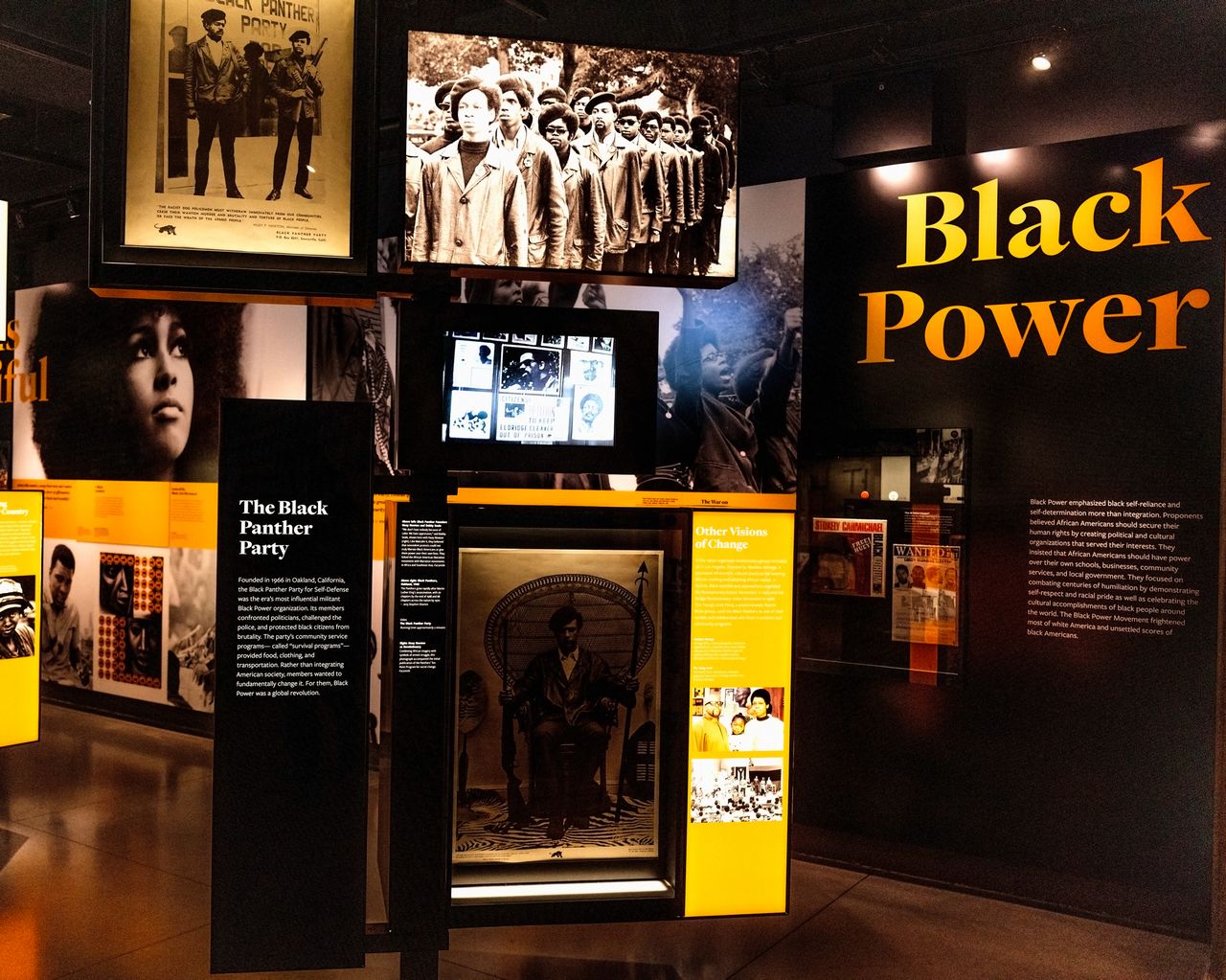Meredith D. Clark, a professor of race and political communication at Unc-Chapel Hill, tells Wired that museums are similar to ‘public trusts’, and the Trump administration’s assault on them is an attempt to determine who is doing and not belonging.
“One of the things that may have to do to expand and conquer is to convince people that there is no hope in resistance. And an instrument to do this is to destroy heritage, ‘says Clark, who wrote We have tried to tell you: Black Twitter and the rise of digital rural. “You can see these patterns everywhere, from the Holocaust and the burning of books to, in more recent years, the destruction of historical reservoirs and artifacts in Syria.”
Although it can be a cesspool of racism and bigory, social media platforms, from x to tiktok, are now de facto outlets for resistance, as digital media has become the primary communication method. As facts become easier to manipulate thanks to AI and a lack of moderation, information – and our access to it – is even more important. One way in which online activists and educators have traditionally fought back is through the creation of crowd curricula that recommend resources on police abuse issues, white supremacy and race for educators.
“We saw it with Ferguson and Charlottesville,” said Clark about the Twitter campaigns from 2014, after the murder of unarmed black teenager Michael Brown by police, and 2017, in the aftermath of the Unite the right rally where violent protests broke out and a white supremacist killed a woman with his car.
Foster says the country underwent a ‘pedagogical shift’ during this time.
“Black people said that ignorance is no longer a defense. People publish reading lists and open their curriculum. You can suddenly educate yourself on these issues, and I wanted to document it,” says Foster. “When it comes to keeping an official record, they don’t usually care what we think,” she says of big, often federal supported institutions, which is why social media has become decisive.
The national libraries and the internet archive were for a while the most important institutions dedicated to the cataloging of the web. But “Only a small set of people were involved in the community,” says Jules, “and black people who study to be archivists were not invited to the networks.”
The internet archive is a non -profit organization launched in 1996, and it is a types of library: it contains 835 billion web pages, 44 million books and texts and 15 million audio recordings, in addition to other artifacts. Many people today consider it the collective memory of the web. In April, the Internet Archive, which is already experienced in separate cases of Universal Music Group and the book publisher Hachette with legal problems, was targeted by Elon Musk’s effectiveness of the government when the agency financing for the National Intercession for Humanities, which supports the archive.
Despite the purification of the administration, Blacksky’s creator Rudy Fraser says he has been “through conservation efforts”, he has seen so far, including the Harvard Law Library’s Innovation Arboration – which saves federal data sets – and companies like Joy Media, which can scan and vr/ar/ar/ar/ar/ar/ar/ar/ar/ar/
